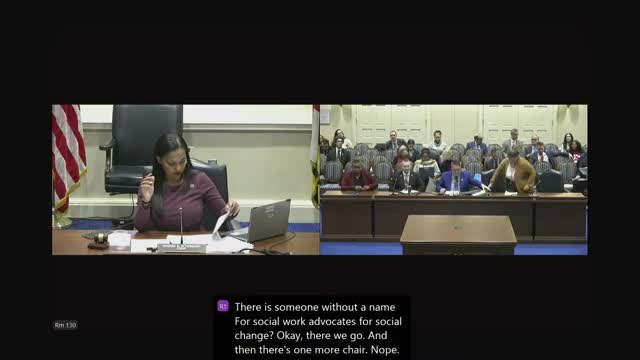Article not found
This article is no longer available. But don't worry—we've gathered other articles that discuss the same topic.
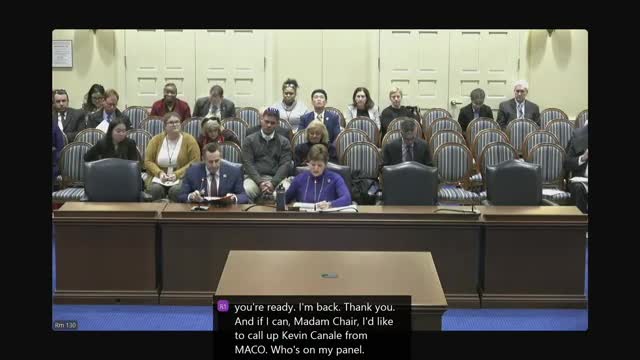
Sponsor seeks statewide safety rules and centralized tax collection for short-term rentals
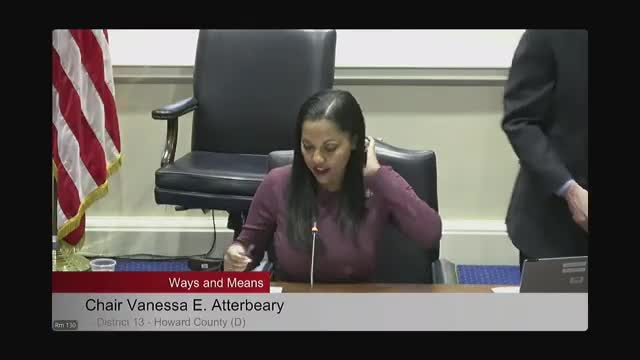
Maryland officials pitch HB 59 to limit tax-sale foreclosures and shield homeowners from unpaid utility bills
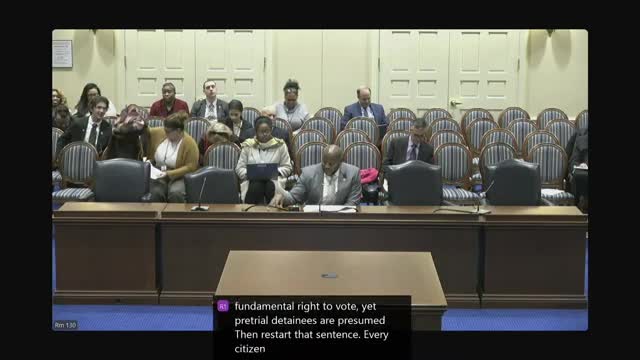
HB 174 would require special elections in some legislative vacancies; sponsor frames it as restoring voter input
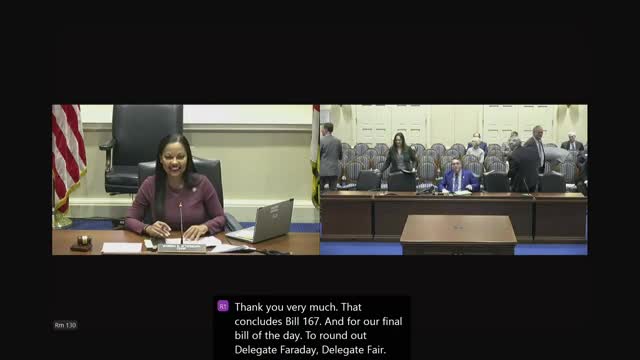
Counties seek authority to set higher commercial property rates under HB 23, executives say tool would fund schools and transportation
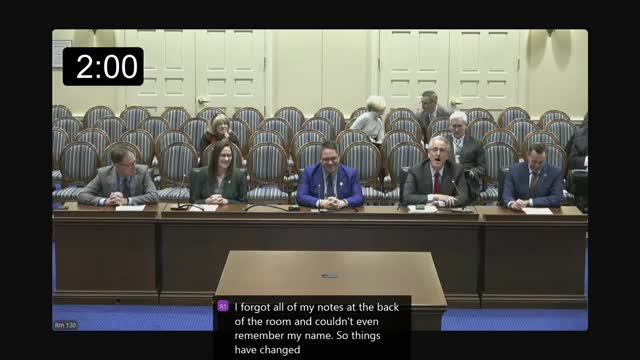
Sponsor proposes 0.75-point bump in vehicle excise tax; dealers and associations oppose
